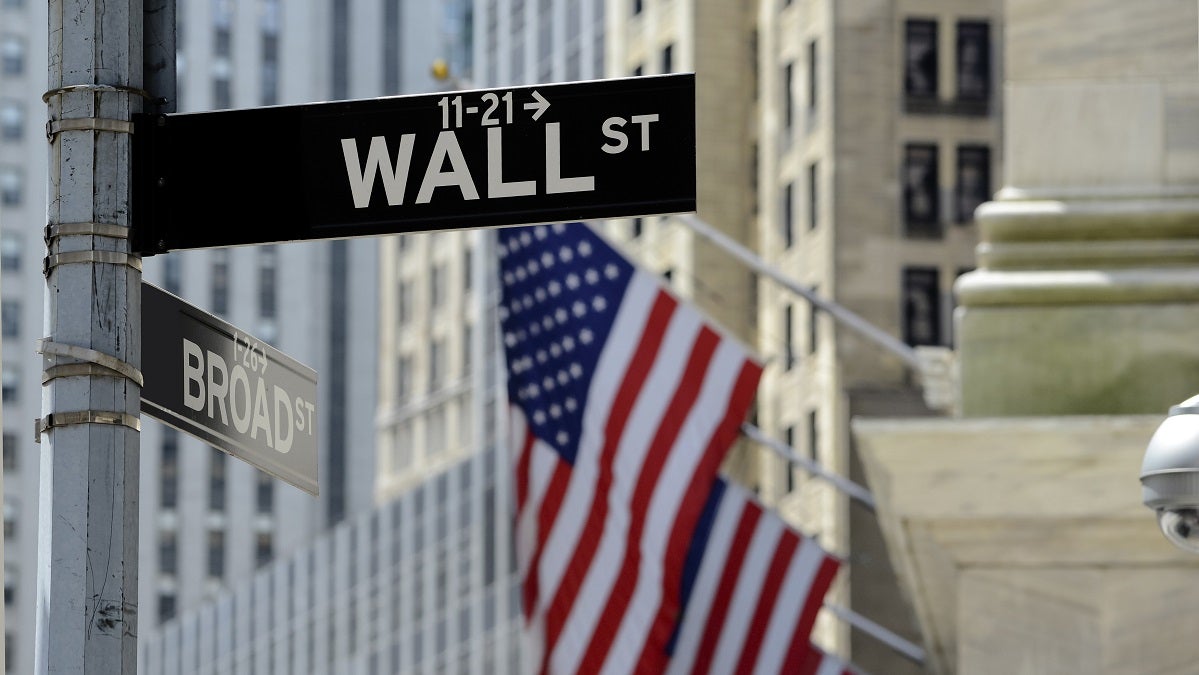
The news that buy-now-pay-later company Klarna has opted to list in the US means another loss for the London Stock Exchange (LSE), after months of speculation that it was the front-runner to host Klarna shares. Announced amid Donald Trump’s post-election stockmarket euphoria, many experts say this is a sign of things to come.
This is not the first time the LSE has been snubbed by high-profile companies, as they chase deeper pools of capital in the US. Last year, UK chip-designer Arm took its flotation stateside, while Paddy Power owner, Flutter, switched its listing from London to the New York Stock Exchange (NYSE) in May this year. However, Trump’s second US presidential term is expected to accelerate this trend, particularly if he pushes ahead with plans to deregulate and cut taxes for businesses.
We can expect to witness companies from just about any country envisaging an IPO in the US
The US IPO market has been sluggish for the last two years but Trump’s reelection could trigger a resurgence, given that his victory saw global stock markets soar. During his previous tenure, in 2021, there were 1,035 IPOs in the US – a record high, according to the Nasdaq stockmarket index.
“Normally, IPO booms are the reflection of a sector being in vogue due to its innovative nature or potential; they are also pro-cyclical, occurring largely during market booms,” says Bill Kallinterakis, associate professor of finance at Durham University Business School. Trump’s push for deregulation could once again boost the US market, creating a near-term IPO boom.
Kallinterakis cautions, however, that this may lead to volatility: “It could elevate risk-taking among US investors, leading to inflated equity valuations, potential bubbles and crashes. This will amplify risk levels in US markets, something that is perhaps unsurprising, since Republican administrations have historically been associated with periods of greater risk in the US economy.”
Ripple effects on the UK market
But what does this mean for the UK stockmarket? Trump’s victory has stoked concerns that even more businesses will abandon the LSE in favour of the US.
Deregulation will likely reduce the compliance costs for companies seeking to list in the States. Meanwhile, Trump’s proposed tariff of 10-20% on all imports could prompt more companies to move their headquarters, or at least part of their production lines, to the US, increasing the chance of them eventually listing there. “If the US emerges as a more IPO-friendly destination, we would expect to witness companies from just about any country envisaging an IPO in the US,” says Kallinterakis.
He continues: “Unless the UK strikes a preferential trading deal with the Trump administration, US tariffs will hit UK exporters, further reducing the competitiveness of UK exports – and its economy. This will negatively affect UK stocks’ valuations, rendering the UK less attractive as a destination for foreign listings.”
Meanwhile, with UK-listed companies warning of escalating costs after chancellor Rachel Reeves increased employer national insurance contributions and the minimum wage in her recent budget, Kallinterakis expects firms to look even more favourably on the US market.
It could elevate risk-taking among US investors, leading to inflated equity valuations, potential bubbles and crashes
Simon Heath is a partner at UK investment firm Heligan Group. He speculates that Trump’s presidency will “significantly” impact the US and UK IPO markets, although it is unclear what this will look like. “There is a chance that the UK will piggyback off an upturn in the global economy as a result of Trump’s market-stimulating policies,” he speculates. “This could actually lead to an uptick in the number of UK IPOs. However, those larger, multibillion-dollar listings are still going to be looking at New York. I imagine there’s going to be a magnet effect towards the US market in the coming months.”
Recent reforms to the UK listing regime have already simplified the IPO process by offering clearer guidance to businesses, streamlining procedures and easing certain requirements. But, says Heath, recent events underscore the need for further action to create a financial system in the UK that supports promising companies.
This comes amid a flurry of takeovers – another sign that London’s biggest firms are set to begin fleeing the market. The recent £4.3bn take-private deal for Darktrace – considered one of the great UK tech success stories – marks the 20th exit of a London-listed firm this year. And it takes the total value of exits from the LSE to around £60bn.
“UK regulators need to find a way to make the market more attractive, whether that’s by reducing costs or improving the broader framework around listing requirements,” Heath says. “This applies to the European markets too. There’s going to be a swell of capital flowing into the US and all the larger IPOs will follow that.”


The news that buy-now-pay-later company Klarna has opted to list in the US means another loss for the London Stock Exchange (LSE), after months of speculation that it was the front-runner to host Klarna shares. Announced amid Donald Trump’s post-election stockmarket euphoria, many experts say this is a sign of things to come.
This is not the first time the LSE has been snubbed by high-profile companies, as they chase deeper pools of capital in the US. Last year, UK chip-designer Arm took its flotation stateside, while Paddy Power owner, Flutter, switched its listing from London to the New York Stock Exchange (NYSE) in May this year. However, Trump’s second US presidential term is expected to accelerate this trend, particularly if he pushes ahead with plans to deregulate and cut taxes for businesses.
We can expect to witness companies from just about any country envisaging an IPO in the US
